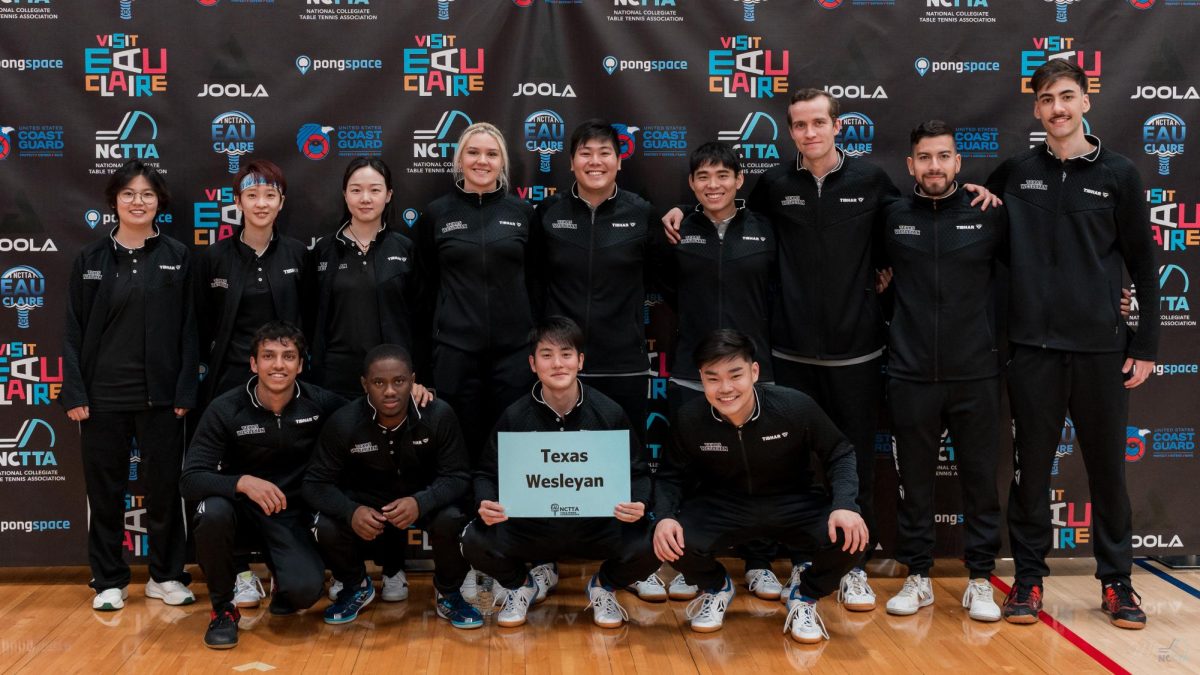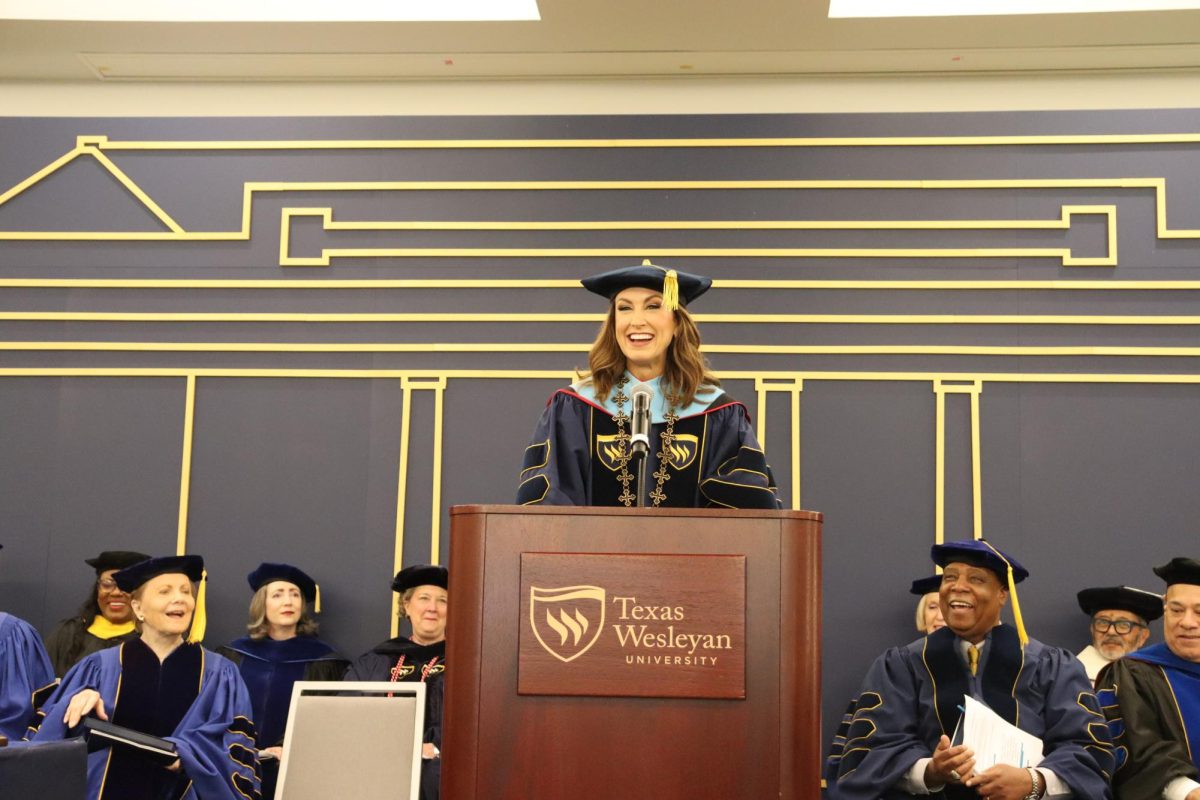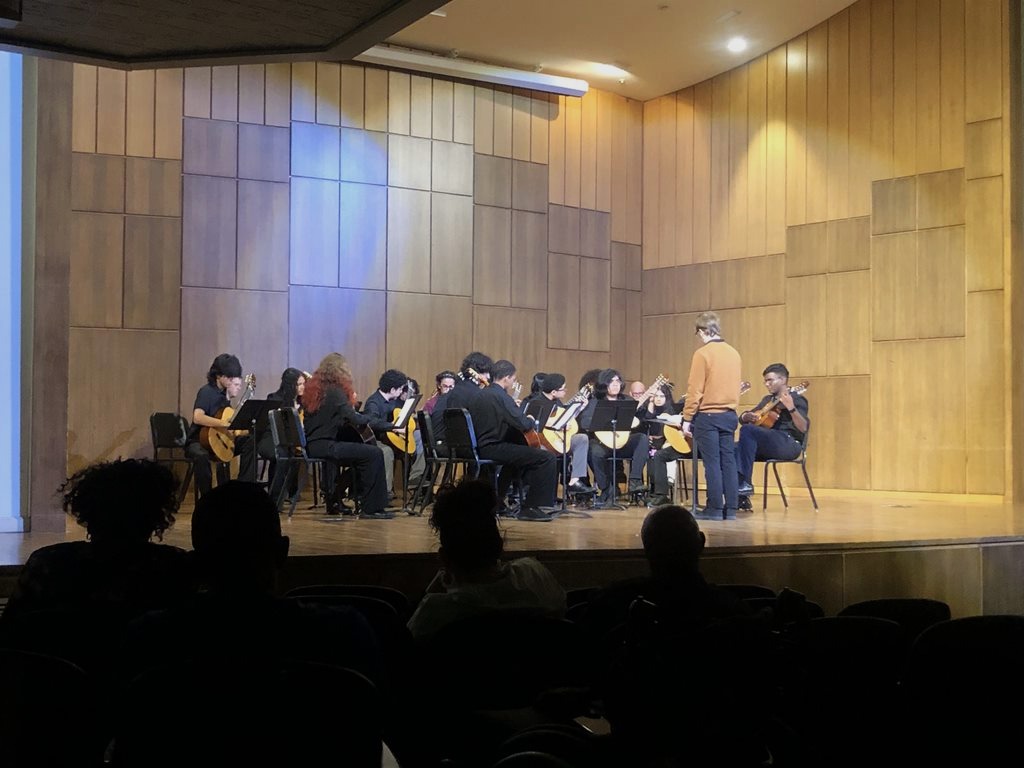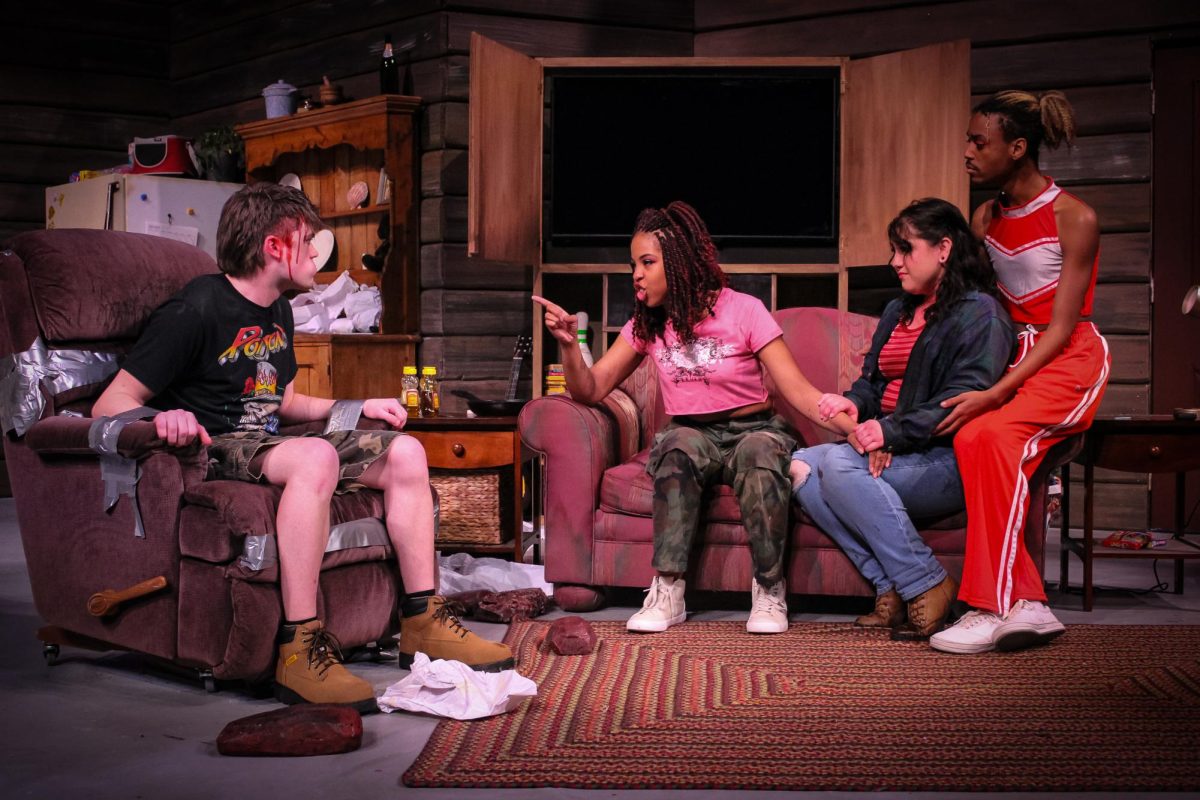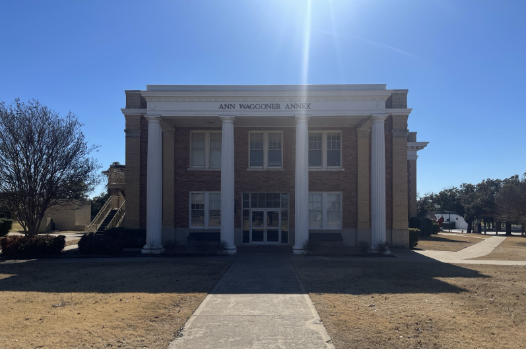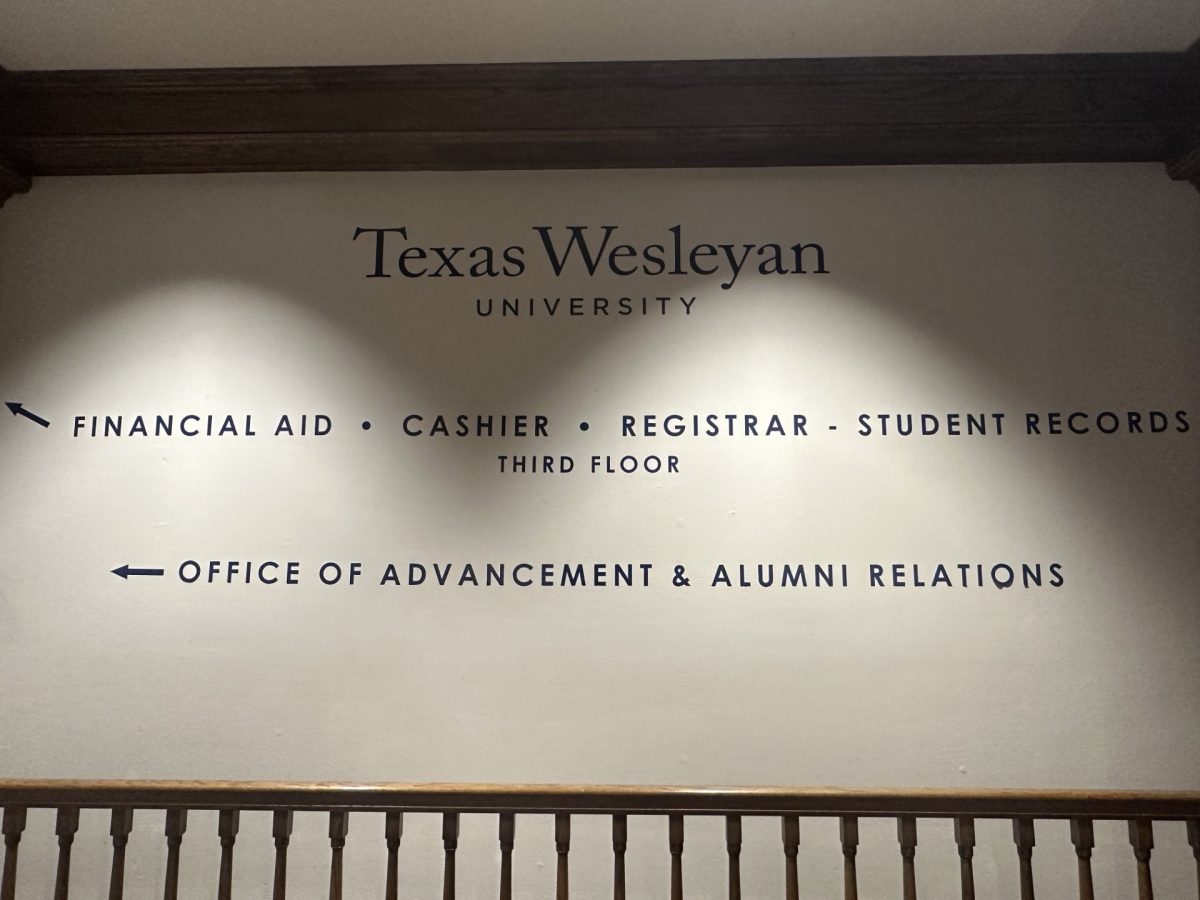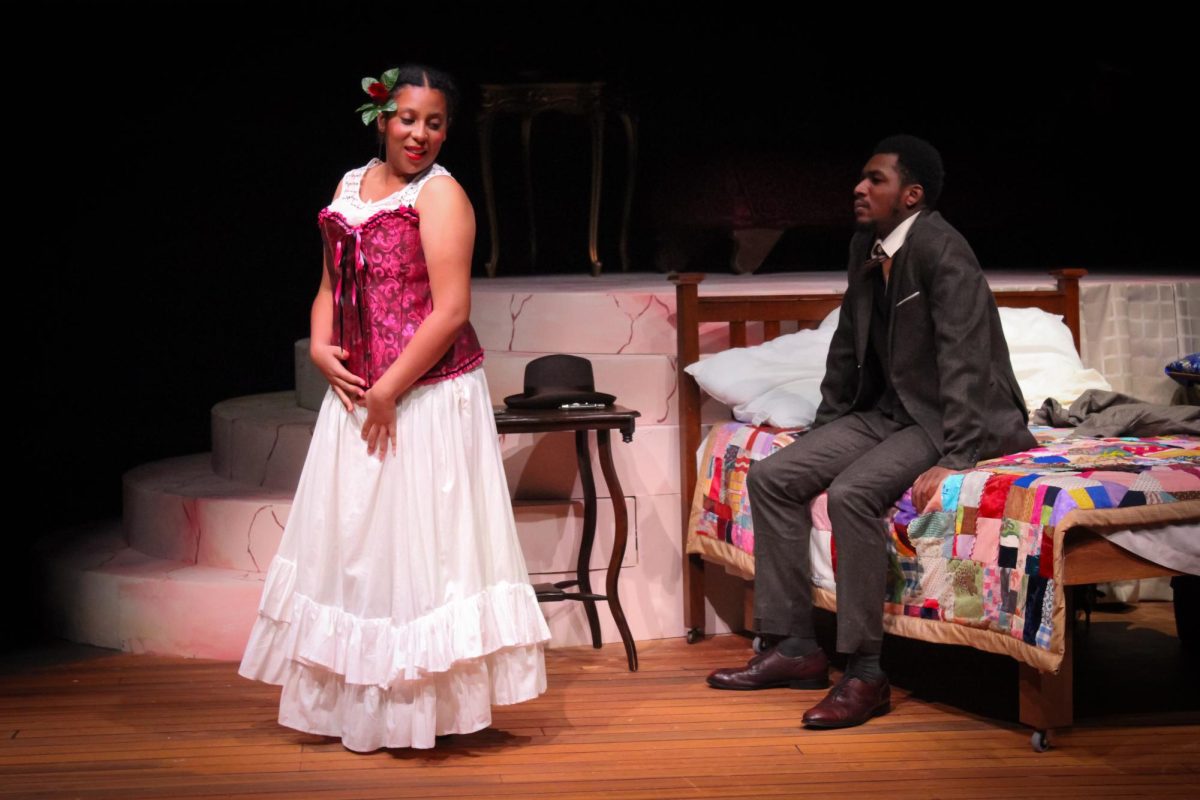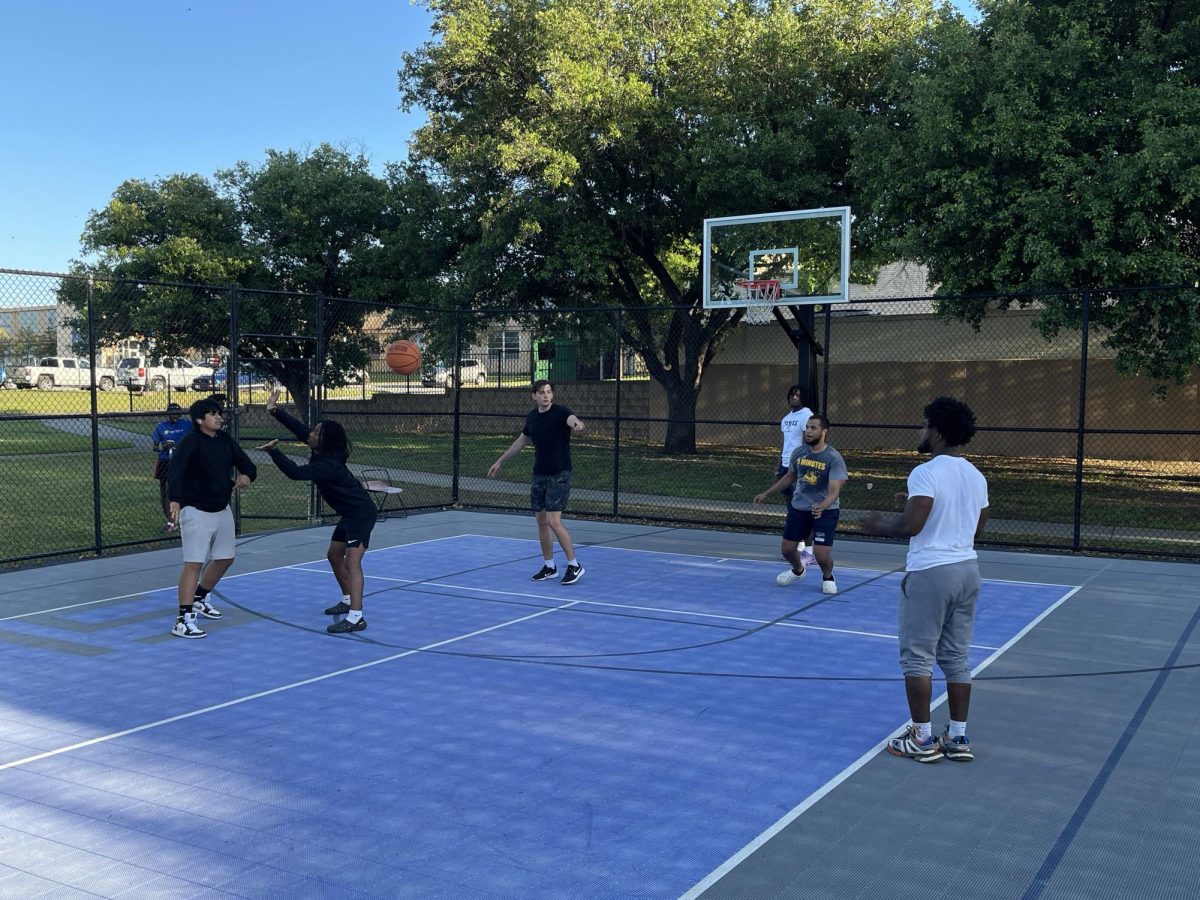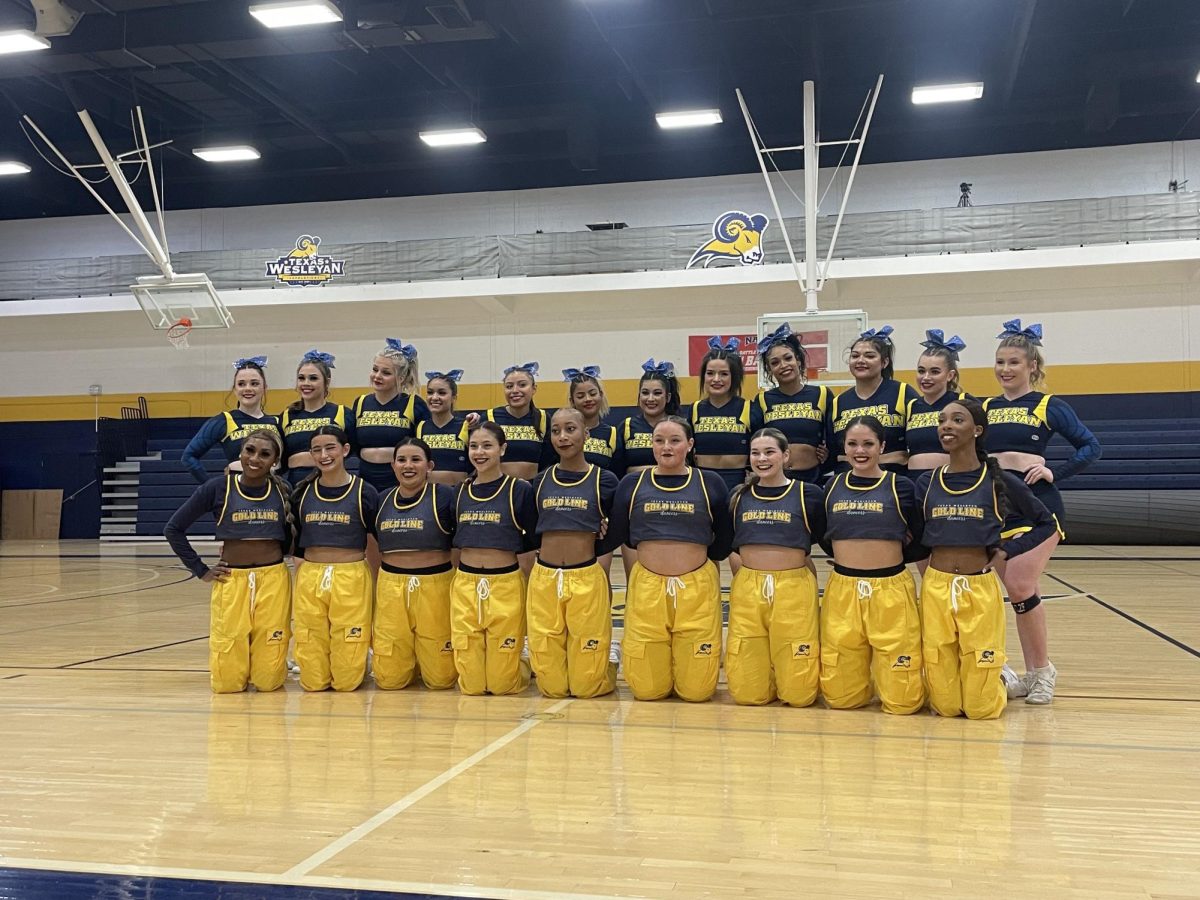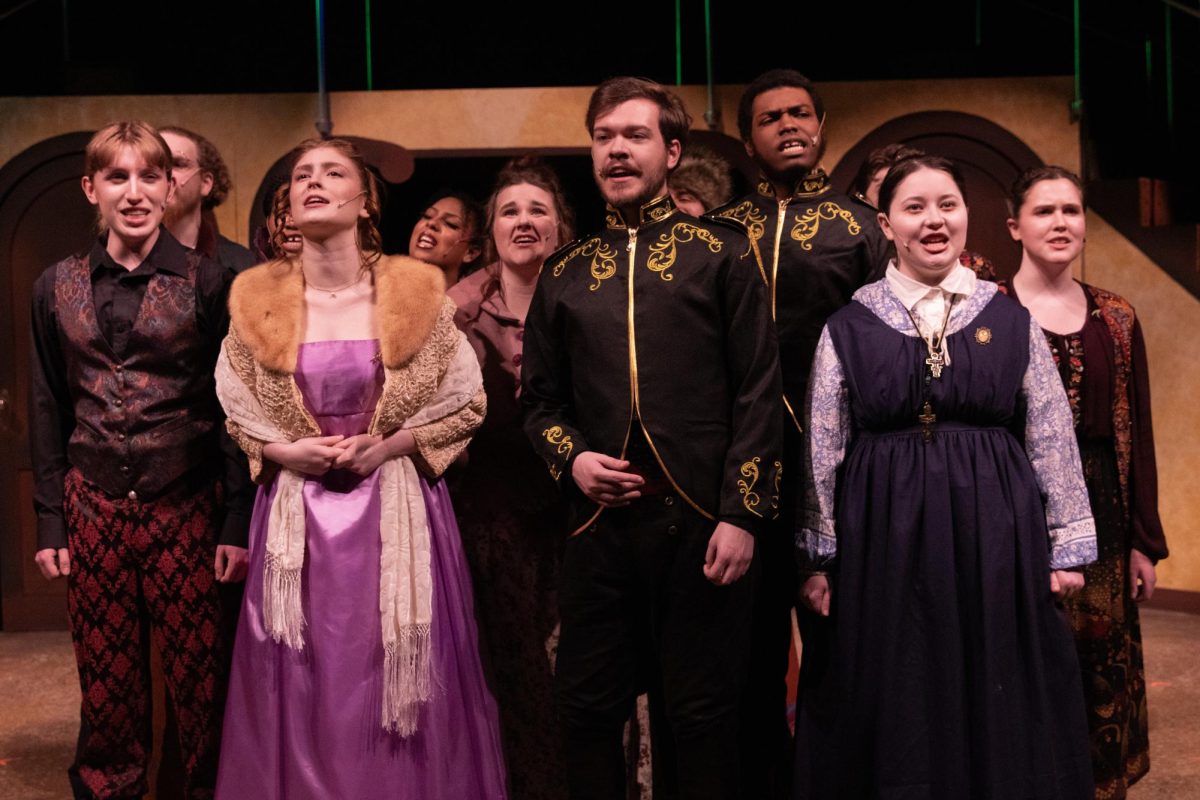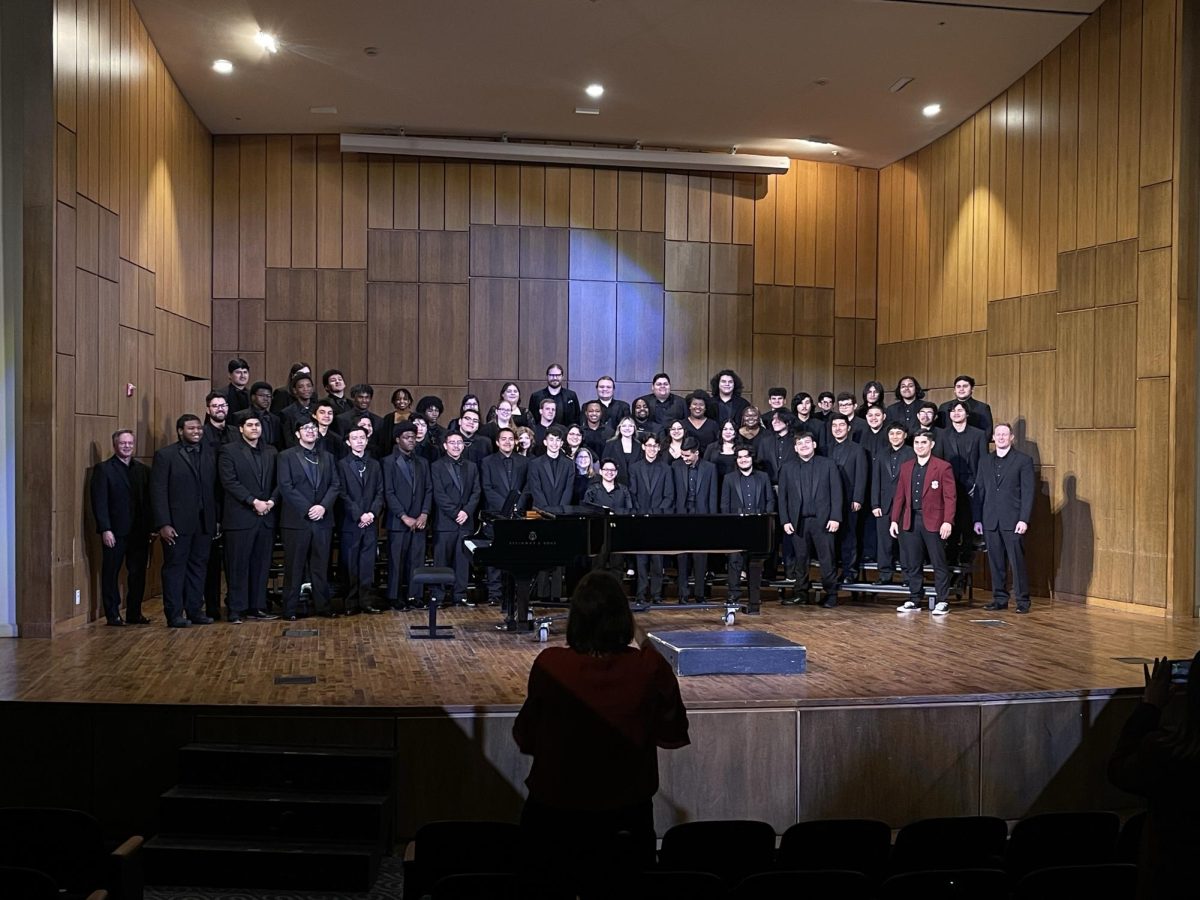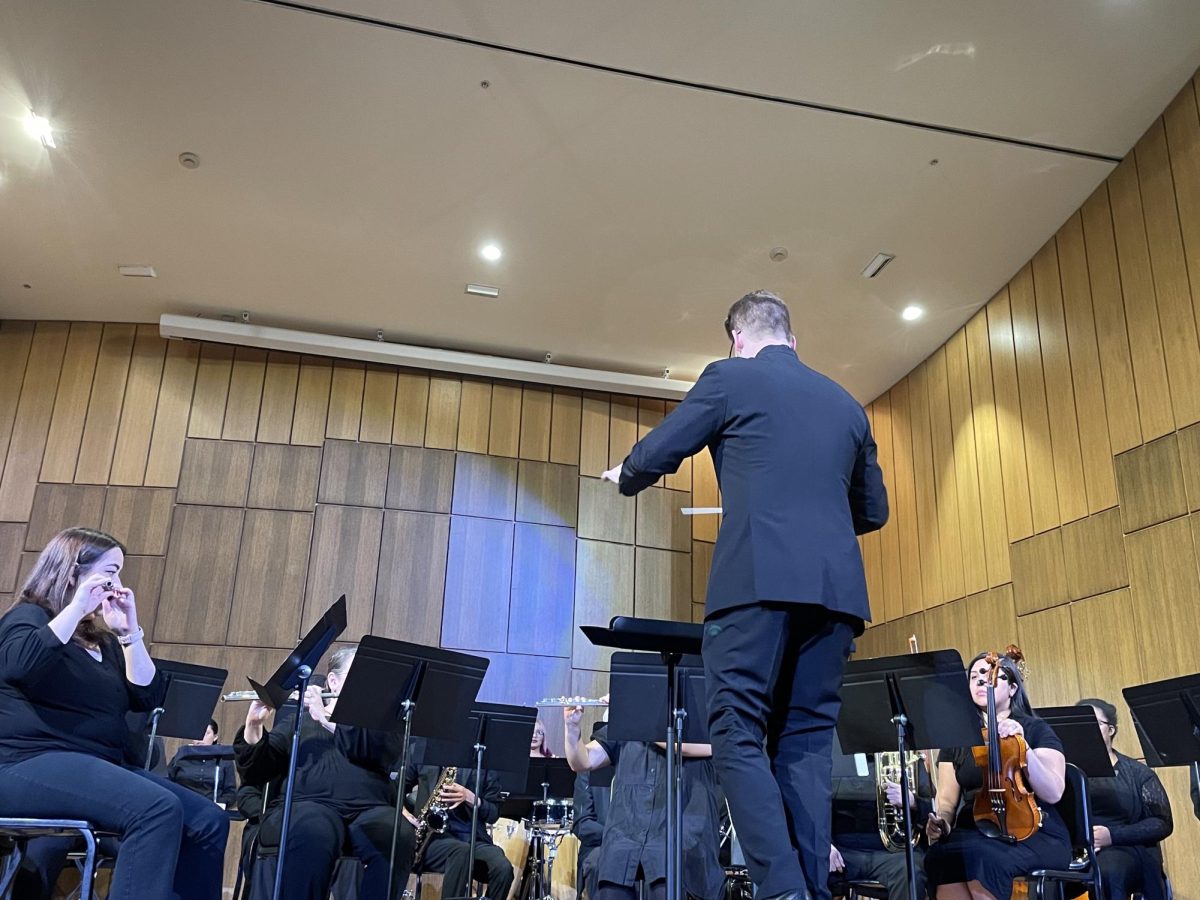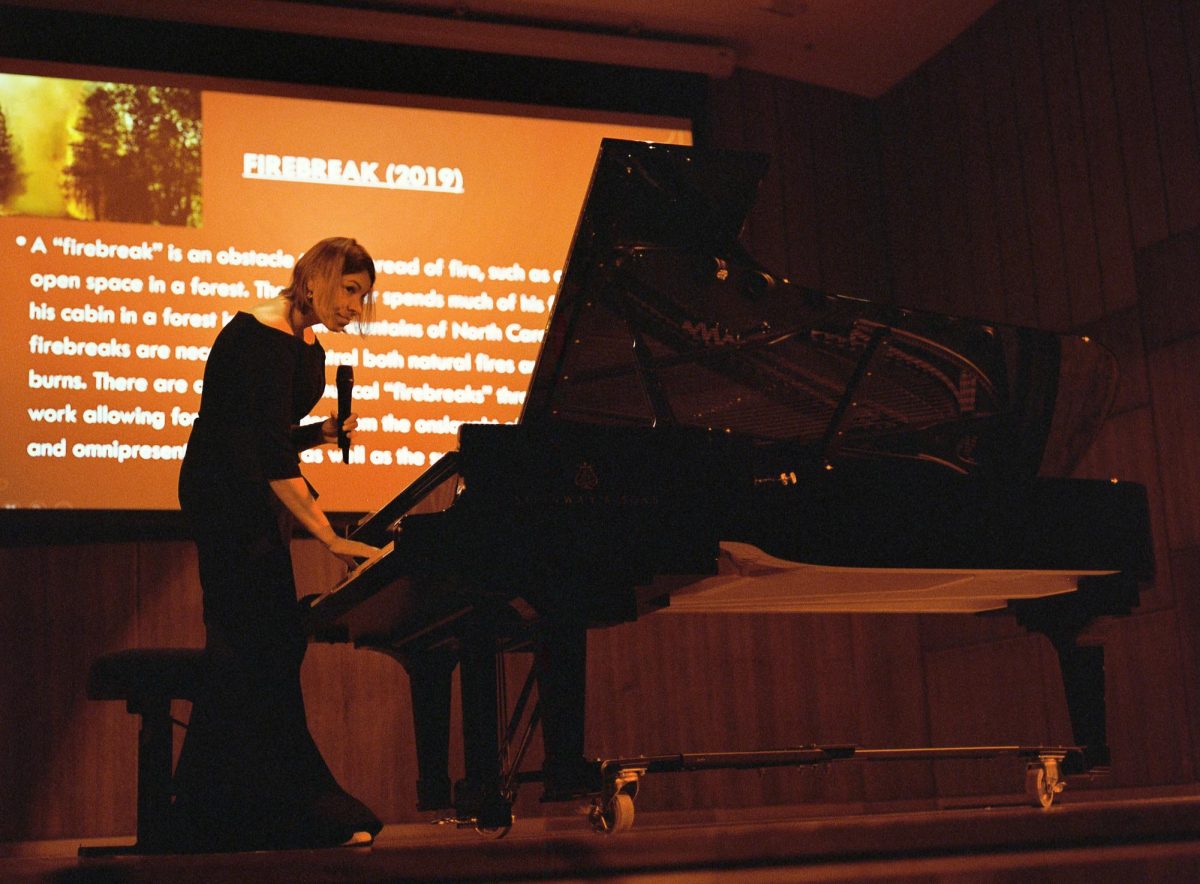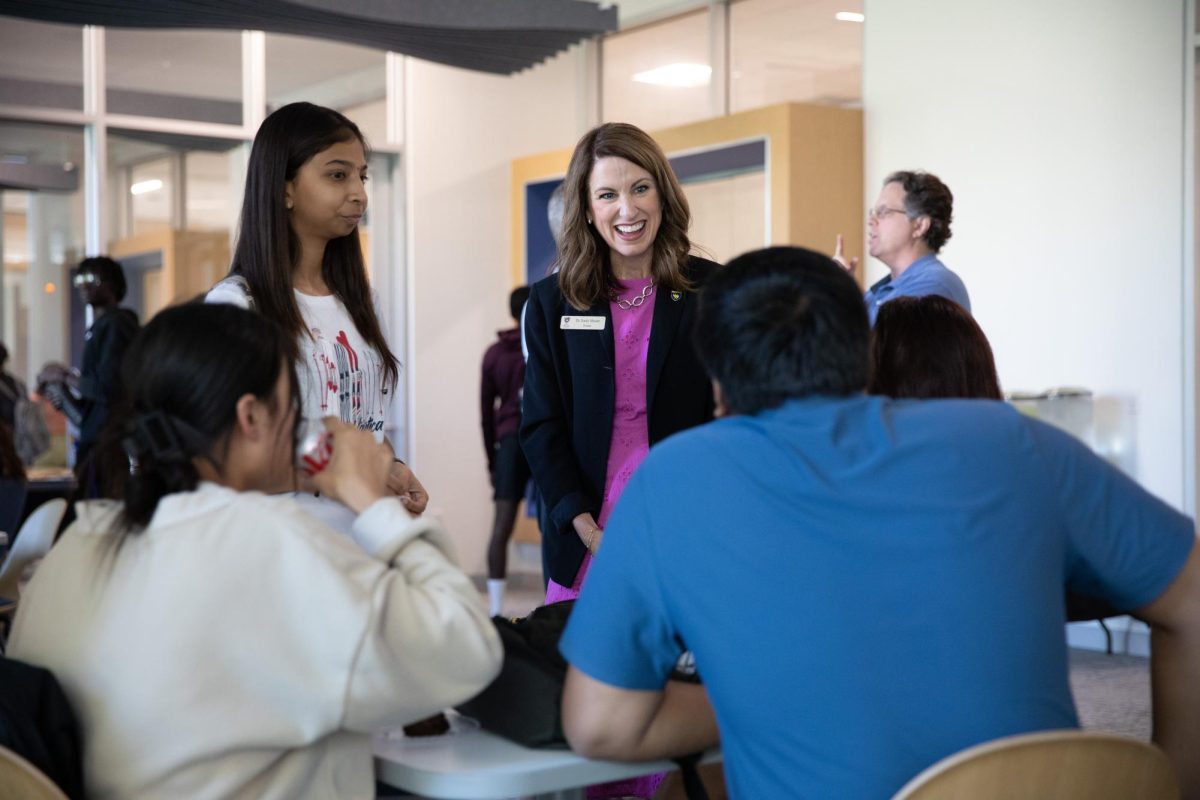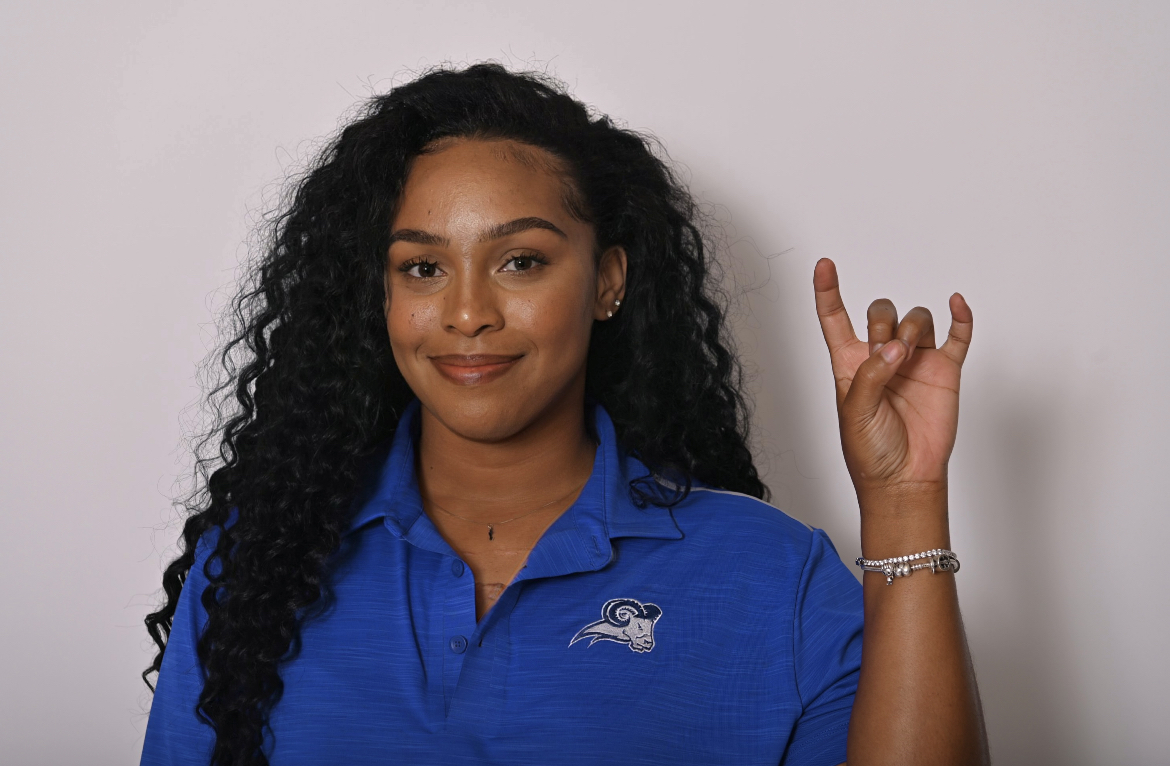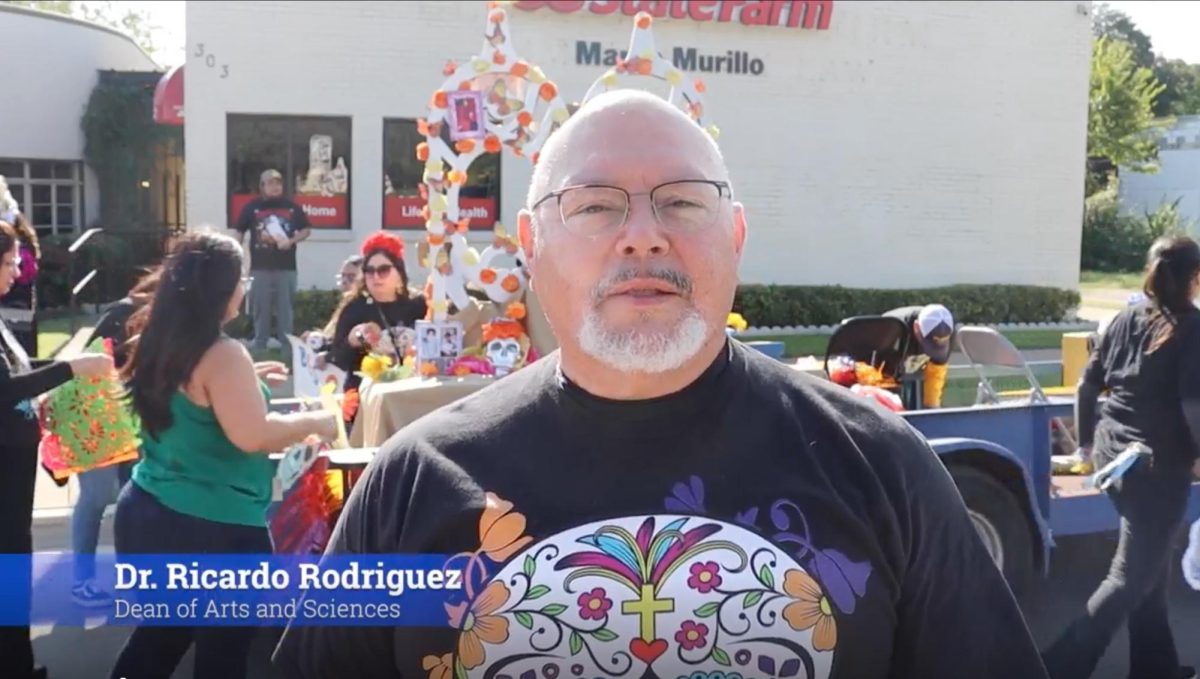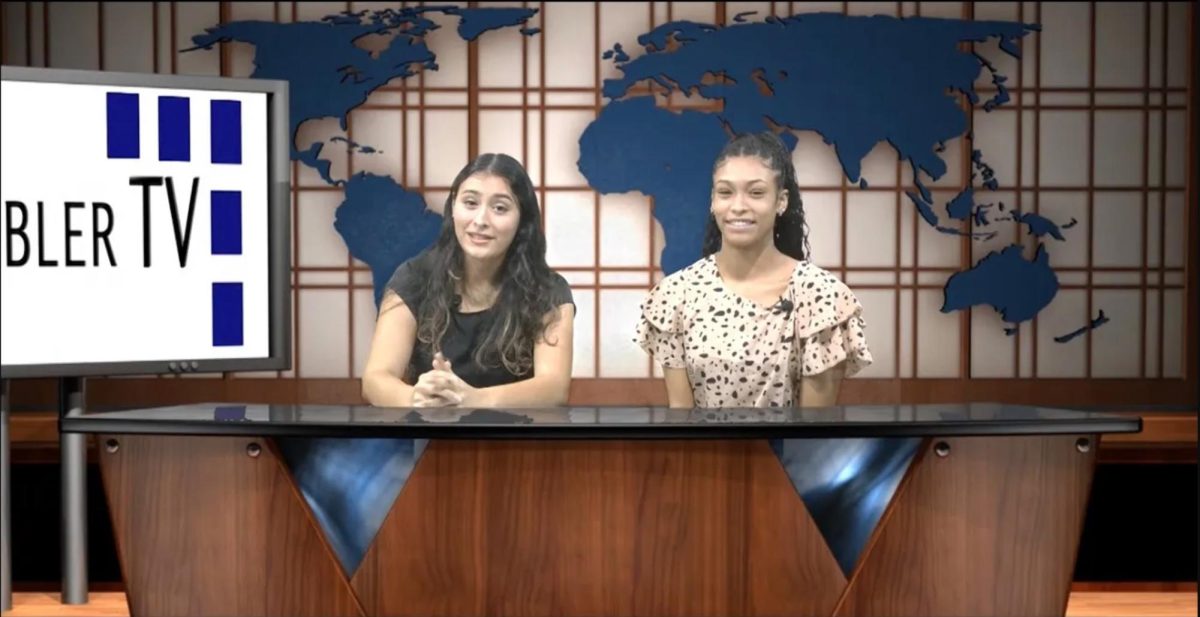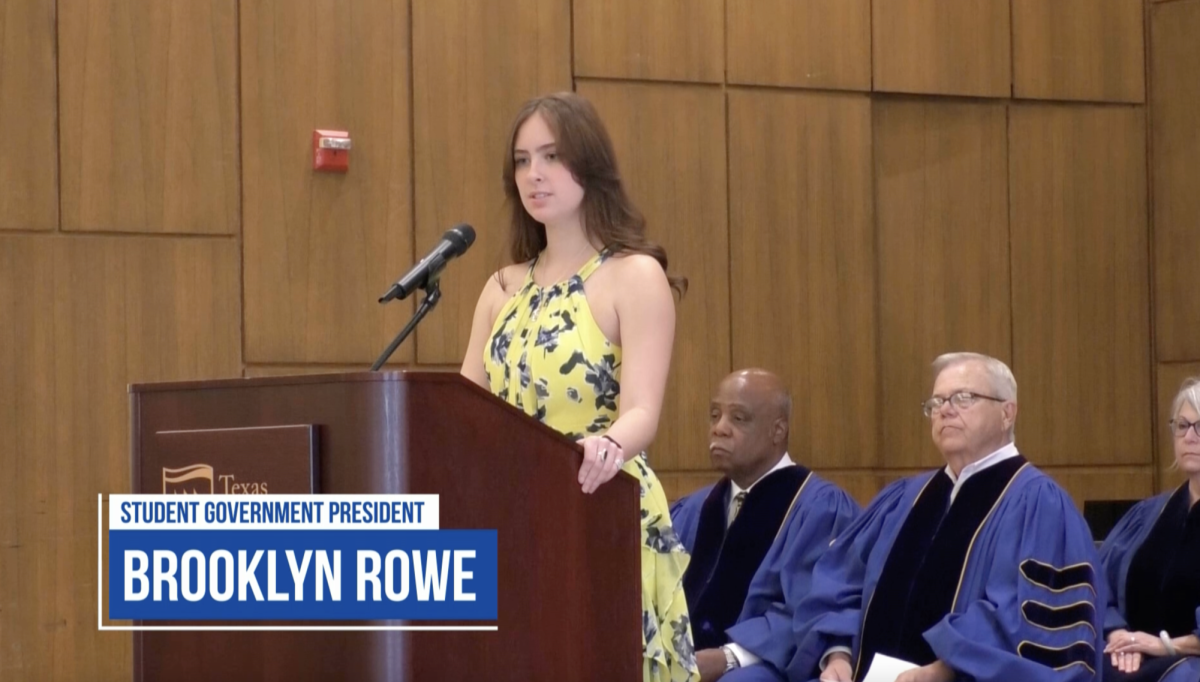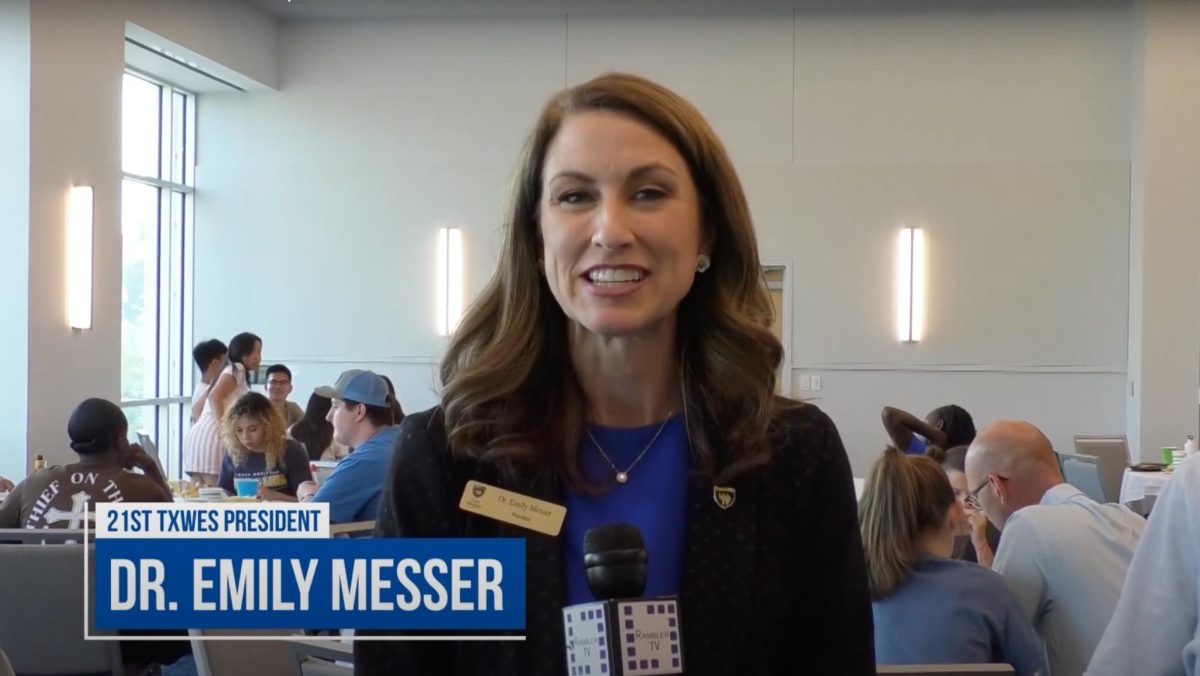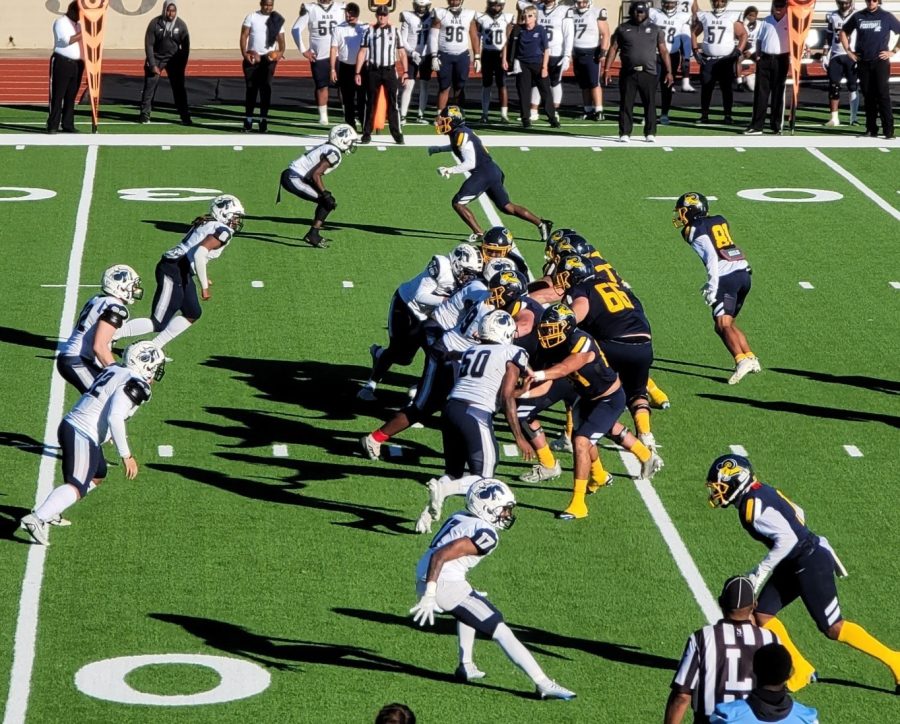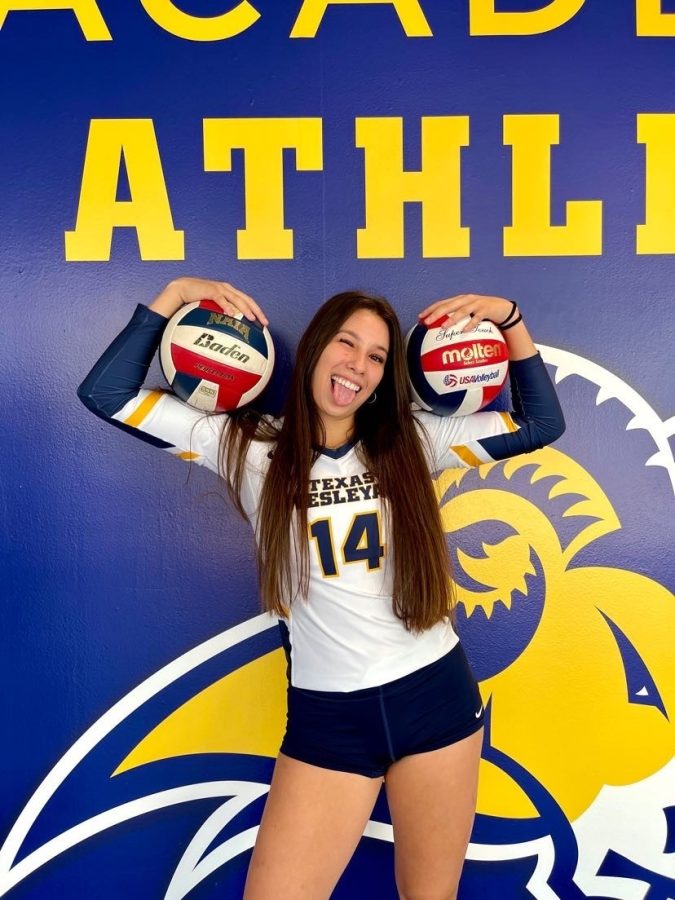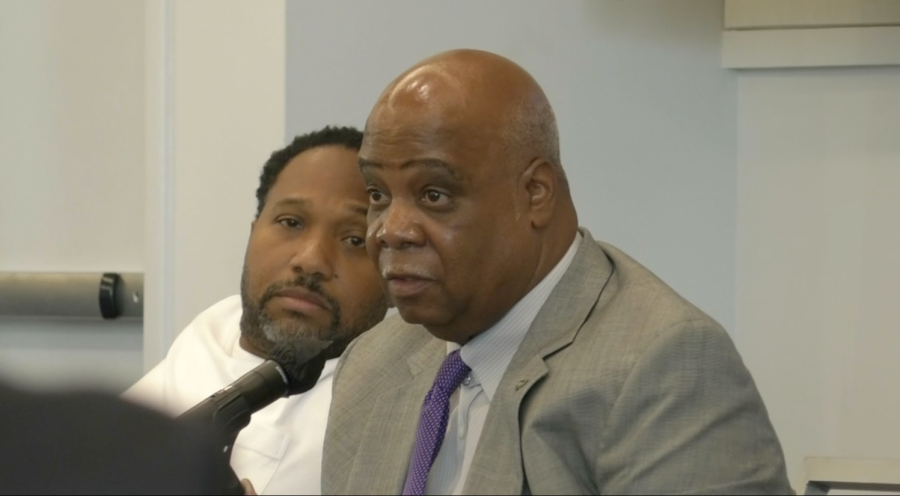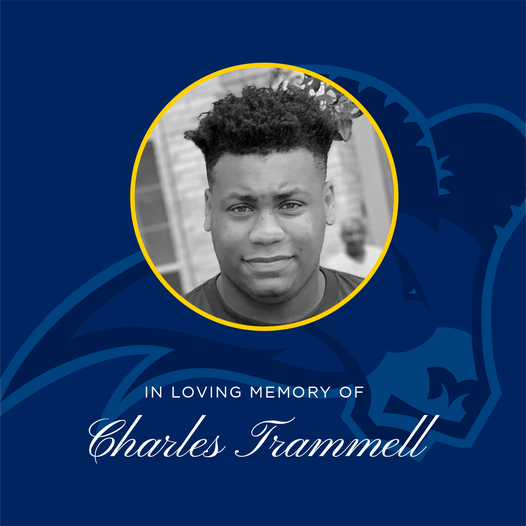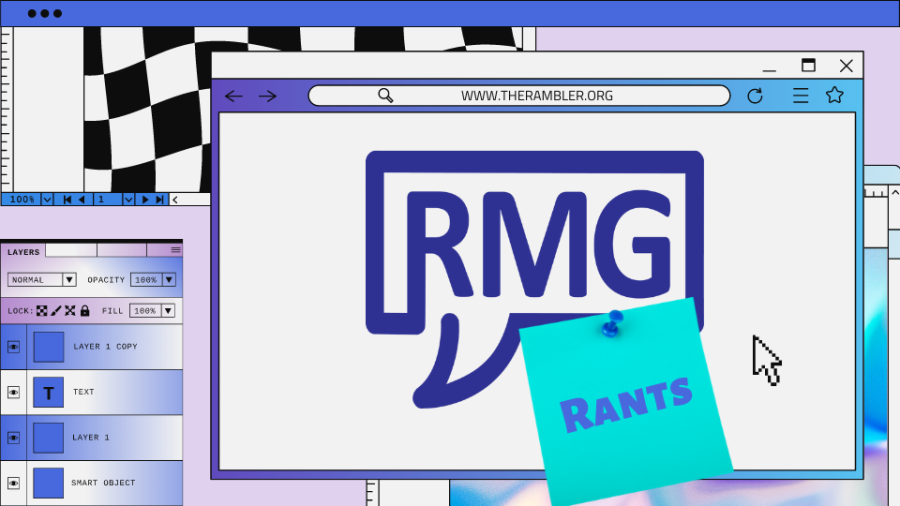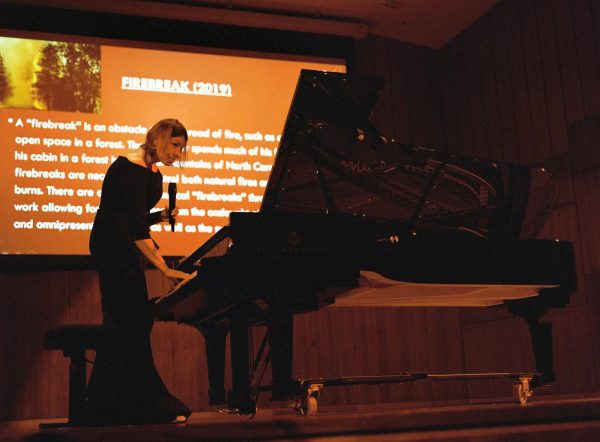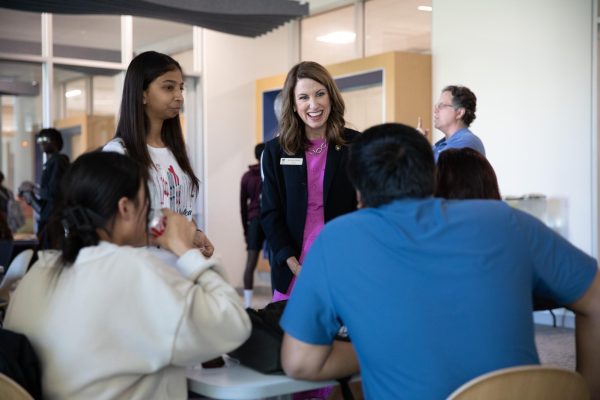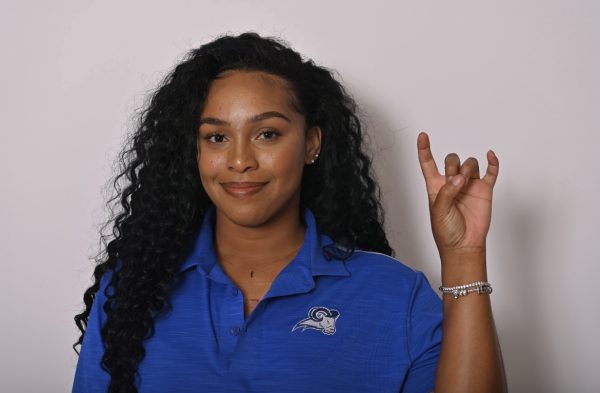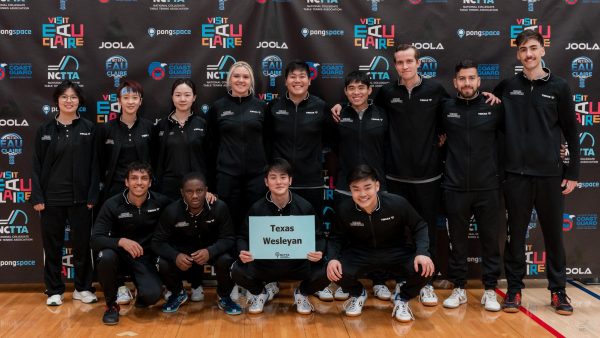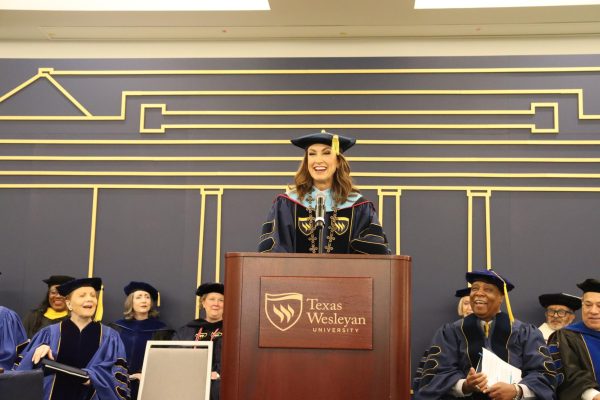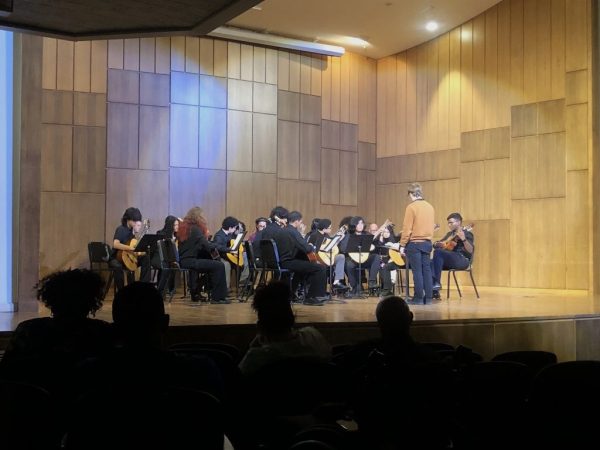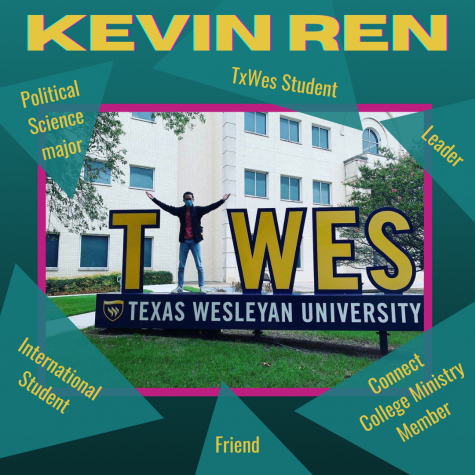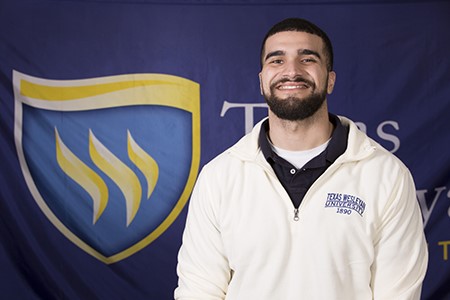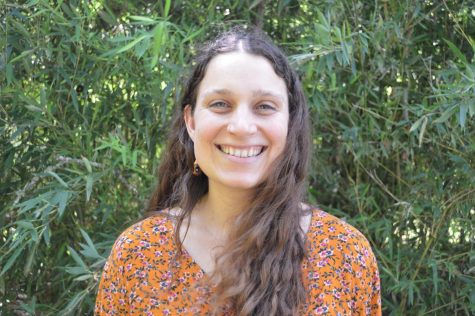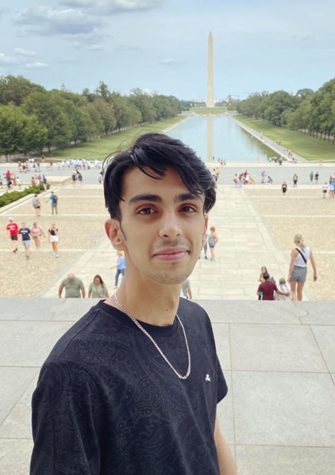How a first-gen student became president of Texas Wesleyan
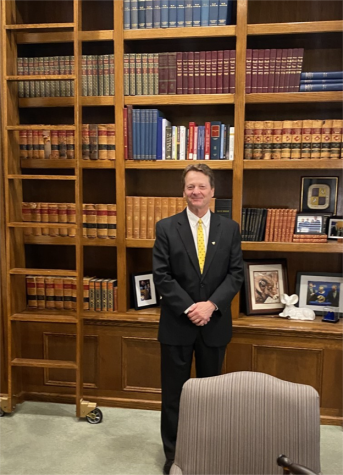
From the dream of being an astronaut during the peak time of space exploration to working on Capitol Hill with the Clinton Administration, Texas Wesleyan University President Fredrick G. Slabach has had an extraordinary journey that brought him to running a university.
Slabach’s office in the Oneal-Sells Administration Building is lined with the road map of his accomplishments and life experiences. Prized photos, college year books, awards, a Ram statue, reference law books and a Bible fill the shelves.
One sentimental photo on display is of Slabach and Former U.S. Secretary of State Madeleine K. Albright. She delivered the keynote address at his formal inauguration as university president in 2011.
“I was devastated when Secretary Albright passed away. She was an amazing person who made a major difference on the world stage. She was always so supportive of me professionally and personally. I keep a picture of the two of us from my inauguration as president of Texas Wesleyan prominently displayed in my office.”
At a young age, Slabach was determined to join the ranks of ‘The Original Seven,’ Neil Armstrong and Buzz Aldrin as he followed the NASA spaceflight missions of the 60s and 70s. He shifted his focus in high school with the guidance of Suzanne Taylor, his speech and government teacher.
Slabach learned astronauts typically attended military academies, which require a recommendation from a member of the U.S. Congress. His parents “did not have an opportunity to go to high school, let alone college,” Slabach explained. They lived in a small town in Mississippi without any connections to politics.
Taylor was the first of many teachers who influenced Slabach as he continued his path to politics. As an undergraduate pre-law major at Mississippi College, it was his history and political science professor Dr. Billy Hicks who offered Slabach guidance. “He was just a wonderful mentor,” Slabach said.
College life was different when Slabach was a student. There was one piece of modern technology he would have appreciated in his college days: Computers.
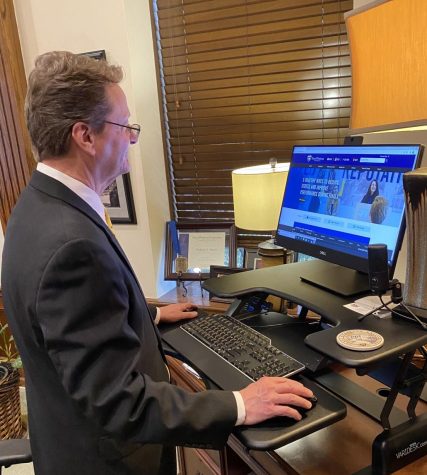
“When I was in college, all of our term papers, all of our research papers, everything had to be typed. You do the same thing with computers that you do with a typewriter, but editing was so much more convoluted when you’re using a typewriter,” he said.
Slabach completed a typing class when the training was more typical for people perusing a career as a secretary. “If you couldn’t type yourself then you would have to pay somebody to type your papers for you. I didn’t have the money and so I said ‘Okay, I’m signing up for typing.’”
One modern technology that Slabach was happy to live without was social media. “I think a big part of what students are seeing in terms of stress and mental health related issues are, if not initiated by social media, certainly exacerbated by social media. And that’s a huge issue that just did not exist back when I was in college,” he said.
“There’s a lot that the Internet and social media give us that’s positive, but unfortunately there’s some real downsides that are having a direct, significant negative impact on student mental health.”
In law school, he was ranked #1 in his class before attending one of the most difficult classes in his college career. Professor Karen Green taught the intro to income tax law at the University of Mississippi where Slabach was earning his Juris Doctor degree.
“I waited literally until my last semester of law school to take it. I [had] a mental block and the light bulb never [came] on. I got my worst grade in law school in that class.”
He ended the semester ranked #5, which he was still proud to have earned. “I love now getting to visit with the professor who taught me that class and I never let her forget.”
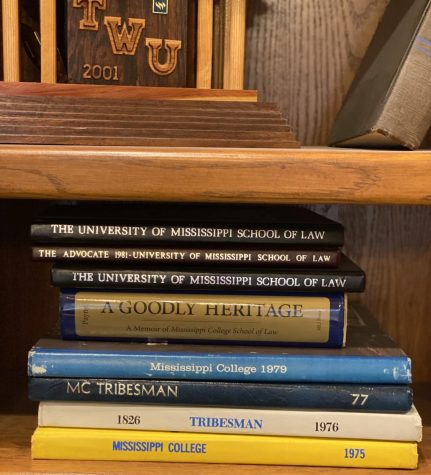
Slabach’s most simulating and impactful class was his Constitutional law course. As one of his favorite subjects, Slabach feels that the U.S. Constitution and its laws are “fascinating” because it is constantly changing.
“It’s the blueprint for democracy and for our leadership in the world and really is the primary reason that I think people talk about American exceptionalism.”
He has taught undergraduate American government with a focus on the Constitution and history of democracy at Wesleyan in addition to his role as President but is excited to teach the about the legislative process in the spring.
Slabach’s love for the Constitution and legislative process guided him through a riveting political career. Right after law school, he clerked for Honorable William C. Keady, the federal judge of North Mississippi District Court, assisting with civil right cases. He worked in the legislative division of Akin Gump Strauss Hauer & Feld Law Firm in Washington D.C. as they were hired to help change congressional laws.
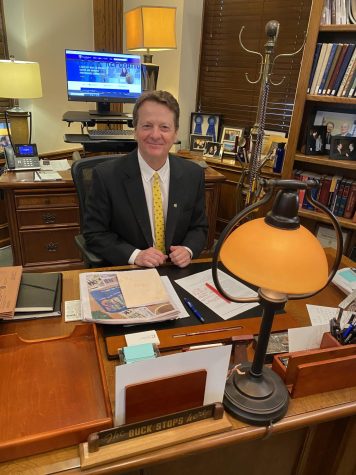
Slabach continued his political career as the Assistant Secretary of Agriculture for Congressional Relations in the Clinton Administration. “[Working in Washington D.C.] was a fabulous experience for somebody like me who had was very cloistered and had grown up in a small town in Mississippi. [Then] to go to a place where people not only from all over the United States, but people from all over the world came to do their work. It was great.”
His journey took a turn when he decided to teach law instead of practicing law. Once Slabach earned his Master of Laws degree from Columbia Law School, his new goal included becoming a dean.
Now, as a university president, he is happy to not only teach American government but advocate for students. He recognizes the funding struggles of small private universities and what first-generation students must overcome. Both subjects are incorporated in his 5-year $40 million comprehensive fundraising campaign.
He wants to raise more funds for endowed scholarships, focus on student retention, improve facilities, and finish building the new athletic stadium.
“The part of the mission that resonates the most with me is the fact that we have such high percentages of first-generation Pell-eligible students here. So, it’s the best part of the mission, but it’s also one of the most challenging parts to make sure that we can provide the resources to help students thrive.”
Slabach will be celebrating his 12th year as university president in January 2023. His favorite duty as president has been bragging about “all of the wonderful students and faculty” while representing the school at functions or fundraisers.
“Being the president of this university has been the highlight of my professional career and it’s something that that I do feel very deeply about and I’m just grateful.”
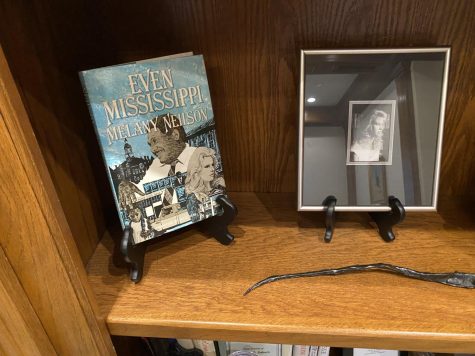
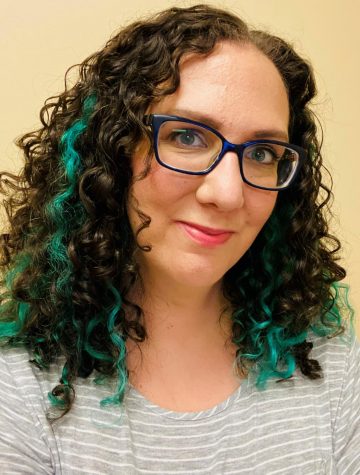
Veida Dima is a senior at Texas Wesleyan University pursuing a degree in English. She has been a content producer for Rambler Media Group since Spring...

